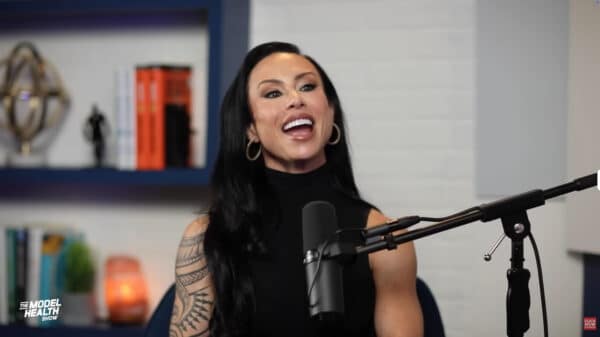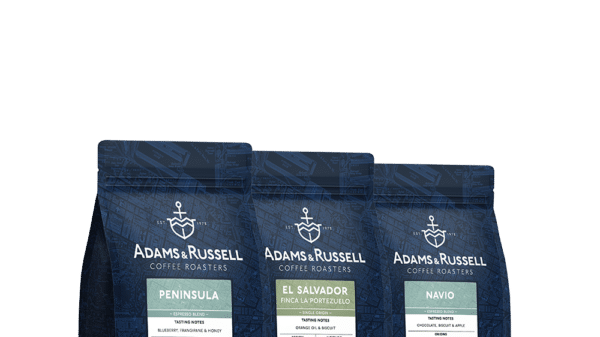In the ever-evolving world of fitness, many professionals express concern over the influence of so-called “fitness influencers” boasting substantial social media followings, often promoting products that focus more on aesthetics than substance. This leads to the pressing question: how can one distinguish between a knowledgeable, ethical coach and those primarily interested in profit? Recognizing red flags in the fitness industry isn’t always straightforward.
One major issue is the distraction some professionals face, straying away from their primary mission to genuinely help others. People seeking fitness guidance often wish to feel healthier, lose weight, and build strength, yet they frequently find themselves misled or confused, which hampers their progress.
Let’s dive into nuanced ways to discern valuable information from compelling marketing and outright scams in the fitness world.
1) The Role of ‘Abs and Booty’ Marketing
While some coaches criticize peers who emphasize their toned abs and attractive bodies in promotional material, it’s crucial to consider this through the lens of “fitness marketing.” Although several brands resort to unrealistic photoshopped images and flashy promises, many respected coaches use their impressive physiques as part of their personal brand without compromising ethics.
Coaches like Don Saladino, known for sculpting Hollywood stars like Ryan Reynolds and Hugh Jackman, portray not only physical excellence but also a genuine commitment to their clients’ well-being. Similarly, Tamara Watkins uses her impressive physique to motivate and guide women towards healthier, more active lives.
Verdict: Approach with a discerning eye. Trust your instincts but evaluate a coach’s overall integrity and expertise.
2) The Debate: Does a Coach Need to Be in Shape?
Arguments swirl around whether a coach’s physical appearance relates directly to their coaching abilities. While a fit coach may demonstrate effective strategies, a well-toned body does not inherently equate to coaching competence. Many skilled coaches don’t possess an elite physique yet offer invaluable insights and guidance.
It’s common for individuals seeking guidance to prefer coaches who embody their principles. For instance, Eve Guzman transformed her life, progressing from personal struggles with weight to inspiring others through her balanced approach to health and fitness.
Verdict: While physical appearance can be a factor, delve deeper into a coach’s qualifications and expertise.
3) Competitions Don’t Define Coaching Skill
Merely having competed in a local event does not automatically qualify someone as a competent coach. True coaching revolves around knowledge, empathy, and a desire to help others achieve their goals.
Nathalia Melo-Wilson stands as a testament to this principle. Starting as a passionate athlete in Brazil, she later won prestigious competitions and shifted her focus to empowering everyday women through well-rounded coaching.
Verdict: If you’re not interested in competition, prioritize a coach’s knowledge and dedication over their competitive record.
4) Innovation vs. Circus Tricks in Training
While effective training fundamentals remain timeless, there’s room for creativity in both exercise and branding. However, some coaches fall into the trap of prioritizing flashy gimmicks over genuine methods, which can lead to unsafe practices.
Coaches like Meghan Callaway and Adriell Mayes successfully integrate creative training techniques while maintaining a strong focus on core principles, helping numerous clients achieve their fitness goals.
Verdict: If a coach’s creativity is grounded in solid fundamentals, it’s worth exploring; however, remain alert to superficial marketing tactics.
5) Scrutinizing Promises of Transformation
Words like “toned” may incite debate amongst personal trainers, but it’s vital to communicate in clients’ language to foster understanding. This understanding should guide the conversation towards helping clients meet their needs and aspirations without falling prey to unscrupulous trainers.
Coaches like Kelsey and Dennis Heenan exemplify this principle, ensuring their marketing is straightforward and aligned with their genuine ability to produce results.
Verdict: Look for coaches who resonate with your goals while always prioritizing integrity over overly ambitious promises.
6) Social Media Following vs. Coaching Ability
Just because someone has a robust social media following doesn’t automatically validate their expertise as a trainer. Understanding the nature of their following is crucial: did they earn it through credible work, or did they rely on superficial tactics?
Coaches like Sohee Lee and Jordan Syatt demonstrate that significant followings often stem from a foundation of genuine knowledge and impactful education. In contrast, some influencers may have purchased their followers or accumulated fans primarily through appealing visuals.
Verdict: While some competent coaches have amassed large followings, it’s paramount to verify their qualifications and ensure their influence is based on real achievements.
7) Evaluating Transformation Photos
Transformation photos present compelling evidence of a coach’s efficacy. However, one must exercise caution, as many images can be altered or misrepresented. Associating with reputable organizations like Renaissance Periodization can provide more credibility when it comes to these types of images.
Verdict: Transformation photos can be beneficial, provided they originate from a coach or brand with a solid reputation for honesty and effectiveness.
8) The Limitations of Credentials
Although having a medical degree or Ph.D. can be an advantage in nutrition or fitness, expertise in these fields isn’t guaranteed solely based on credentials. Numerous professionals without proven knowledge offer questionable advice, often exploiting popular trends.
Look for specialists like Dr. Spencer Nadolsky, who combines medical knowledge with a thorough understanding of the fitness landscape, as a reliable source for nutrition-related advice.
Verdict: Scrutinize the qualifications of those with advanced degrees to discern their depth of knowledge outside their primary field of study.
Final Thoughts
While there are undeniable red flags, the onus remains on the consumer to do thorough research before choosing a coach. Fitness should be treated as a journey—gather information, seek referrals, and observe how potential coaches engage with their audience. Authenticity and empathy are indicators of a coach you can trust, while pushy sales tactics often signify the opposite. Trust your instincts and remain vigilant in your quest for trustworthy guidance.
































